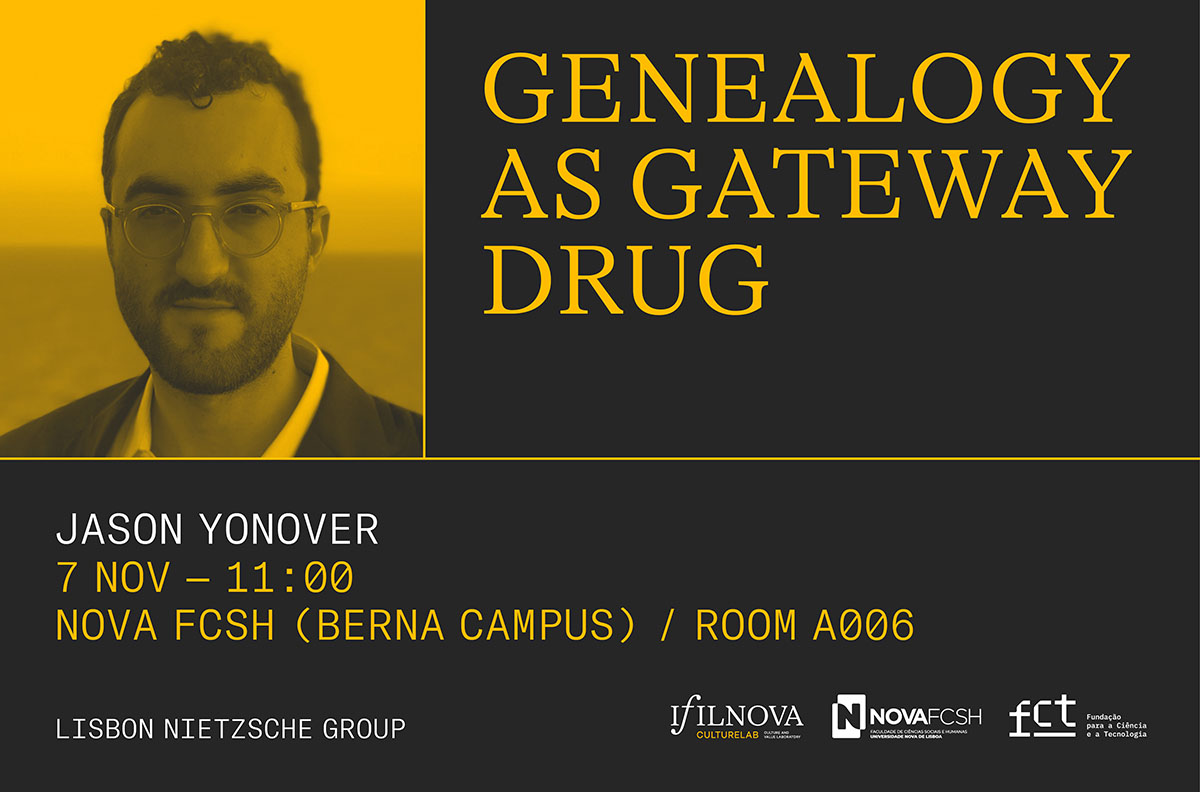Jason Yonover

Muitos filósofos negam qualquer valor justificativo a algo a que chamam “genealogia” — sobretudo a uma das suas variantes, designada por “genealogia crítica”, quanto mais a chamada “desmistificação genealógica” —, ainda que estejam cada vez mais interessados em compreender os poderes da genealogia. Neste artigo, sugiro que Nietzsche pode escapar a algumas das preocupações comuns em torno da genealogia, ou até indico que partilha algumas delas — apesar de Nietzsche estar ainda mais interessado na força da genealogia e, de facto, disposto de forma consciente a explorá-la. Em particular, defendo que, para Nietzsche, a genealogia pode ter uma relevância propedêutica, pois pode ajudar o público-alvo de Nietzsche a libertar-se de preconceitos morais improdutivos e a entrar num caminho melhor, mesmo que a genealogia deva mais tarde ser descartada à medida que se avança nesse caminho.
Biografia do autor disponível em inglês.

